(Dan Tri) - From 2025, a series of universities will completely eliminate or drastically reduce admission quotas based on high school transcript scores - a method that used to be a "favorite" in admissions.
Academic records used to be "favorite children"
Except for a few schools such as Saigon University, Ho Chi Minh City University of Medicine and Pharmacy... which "said no" from the beginning to high school transcripts, most universities are using or have used transcripts for admission consideration.
In previous years, the admission method based on academic records was commonly used in many schools with a rate of 10-30% of the total quota, in particular, some schools accounted for 50-60%.

Admission based on high school transcripts has been commonly used in admissions at many universities in recent years (Photo: Hoai Nam).
In 2023, according to statistics from the Ministry of Education and Training , considering high school academic results accounts for 30.24% of the total number of university admission methods. This is the second most popular admission method, only after considering high school graduation exam results with 49.45%.
Up to now, many top universities are still using transcripts in admissions such as Foreign Trade University, Ho Chi Minh City University of Economics , Ho Chi Minh City University of Technical Education...
Undeniably, this method has many advantages such as helping to reduce exam pressure, candidates can proactively choose subjects with the best results to register for admission, helping to increase the admission rate, not depending on one exam. Schools are also more proactive and flexible in enrollment.
However, after a period of being used in admissions, high school transcripts are gradually being "turned away" by many schools. Especially in the 2025 admissions season, a series of universities have completely abandoned the method of considering transcripts in university admissions or have sharply reduced the quota for this method.
In 2024, the National Economics University officially stopped considering high school transcripts in admissions. In previous years, in the school's combined admission method, the school considered the average high school transcript score of 6 semesters (3 years of grades 10, 11, 12) to be 8.0 points or higher.
Admission based on transcripts has been the method with the highest standard score at Ho Chi Minh City University of Education for many years, but from 2025, the school officially eliminated transcripts from admission in all methods.
Previously, this school used academic records as an independent admission method (accounting for 10% of the target) and also in a combination method with specialized competency assessment exams (30-50% of the target).
Recently, Hanoi University of Industry also announced to abandon the admission method based on independent academic records. Candidates applying for admission to the school must combine their academic records with their ability assessment or thinking assessment scores, international certificates, excellent student awards, etc.

From 2025, many universities will eliminate or reduce enrollment quotas and adjust admission methods based on academic records (Photo: XD).
Why do universities "dislike" high school transcripts?
Comparing high school graduation exam scores and school report cards in recent years has shown an astonishing difference.
The most obvious abnormality was in 2022, in all subjects, although the levels were different, the test scores were lower than the report card scores. In some subjects, the localities leading in report card scores were near the "bottom" in test scores or vice versa.
According to the comparison results of the Ministry of Education and Training, in 2023, 60% of candidates admitted to university based on their transcripts had a total high school graduation exam score in a combination of 3 subjects 3 points lower than those who passed based on exam scores.
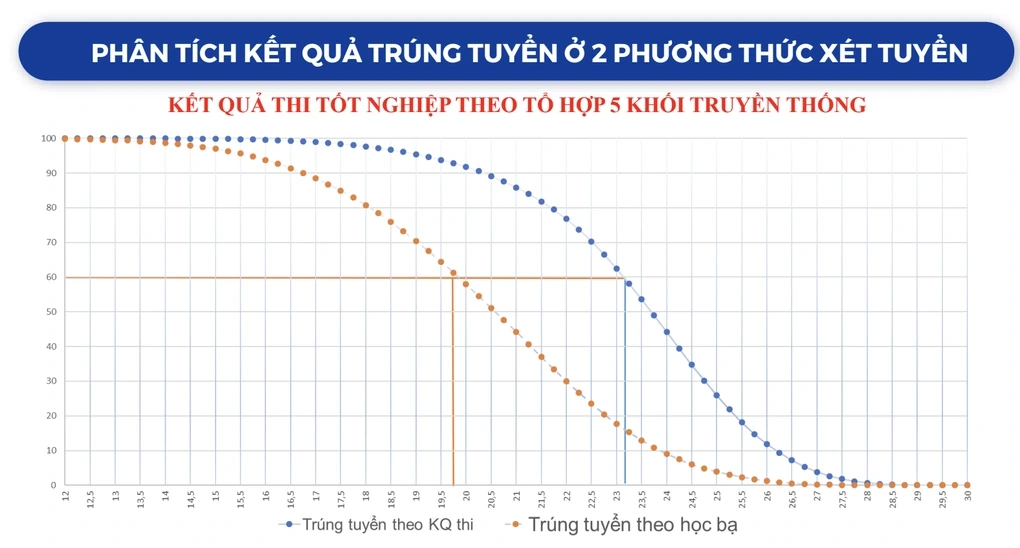
Comparison of 2023 high school graduation exam scores between candidates who passed based on exam scores and transcripts (Source: Ministry of Education and Training).
At the admission conference held in Ho Chi Minh City earlier this year, Associate Professor Dr. Nguyen Thu Thuy, Director of the Department of Higher Education, Ministry of Education and Training, also recommended that schools should set an additional threshold to ensure input quality (floor score) equal to the high school graduation exam score for the admission method based on transcripts to ensure fairness for the two groups of candidates.
In addition to the two common university admission methods: high school graduation scores and academic transcripts, in recent years, a series of universities have organized capacity assessment exams as well as their own admission methods.
It is becoming increasingly common for many universities to work together to recognize each other's assessment results, instead of considering admission based on transcripts, which has many concerns about "prettifying" scores.
Mr. Pham Thai Son, Ho Chi Minh City University of Industry and Trade, said that many public universities "turned their backs" on considering transcripts because there was a significant difference in transcript scores between high schools, leading to difficulties in accurately assessing candidates' abilities. Using transcripts as admission criteria could cause unfairness among candidates.
Besides, schools want to minimize cheating when using transcripts for admission can lead to "beautifying" scores, affecting transparency in admissions.
Faced with this concern, many schools have switched to other admission methods such as using high school graduation exam results, competency assessment exams, thinking assessments, or combining multiple criteria to ensure quality in admission.

Students participate in the competency assessment exam of Ho Chi Minh City National University (Photo: Hoai Nam).
The leader of a university in Ho Chi Minh City shared that the quality of candidates' input is a "warning" for universities when considering admission based on academic records.
The situation of students not being able to keep up with the university program and having to stop studying directly affects the training and income of schools. This requires schools to proactively develop more appropriate and quality recruitment methods.
Source: https://dantri.com.vn/giao-duc/xet-tuyen-dai-hoc-bang-hoc-ba-con-cung-bi-quay-lung-20241218095557150.htm














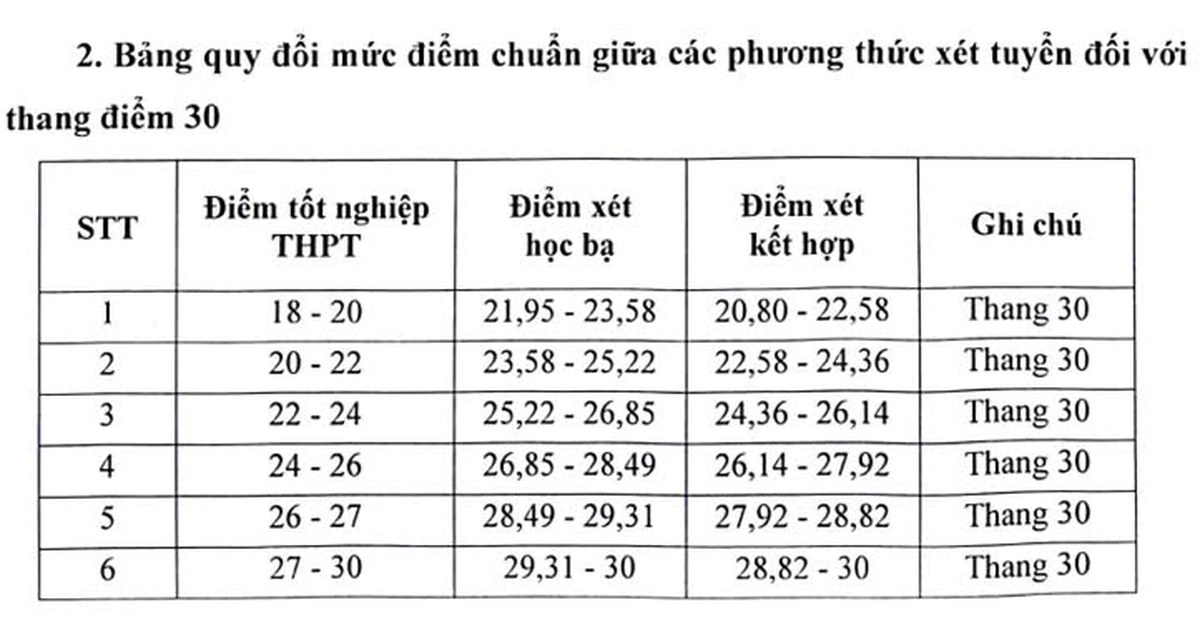
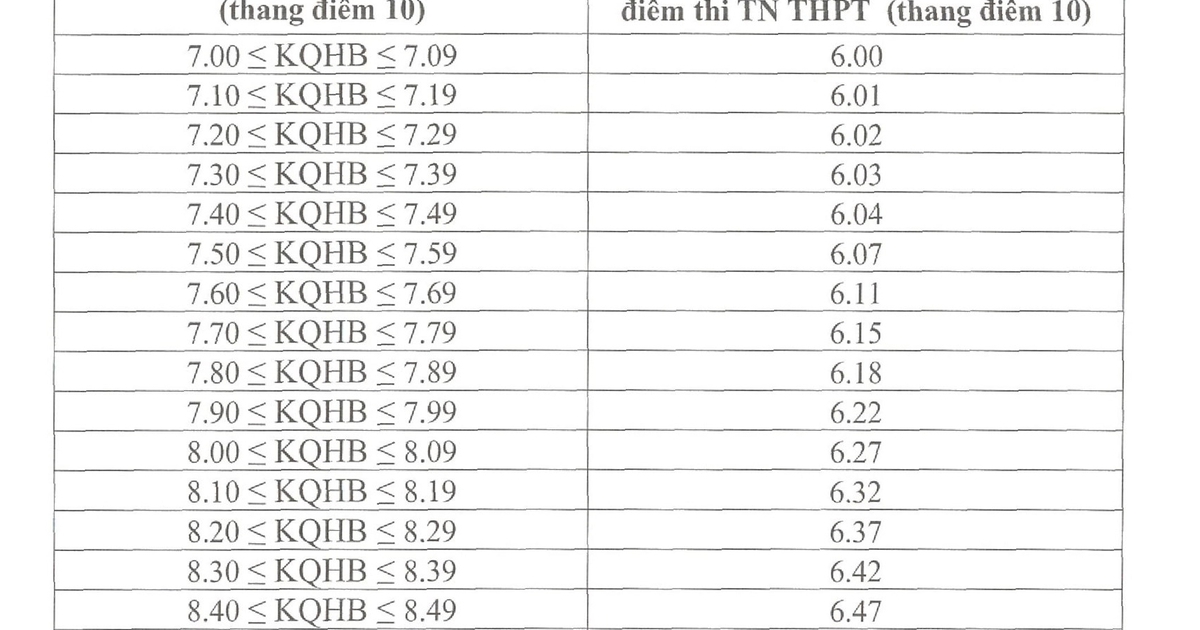
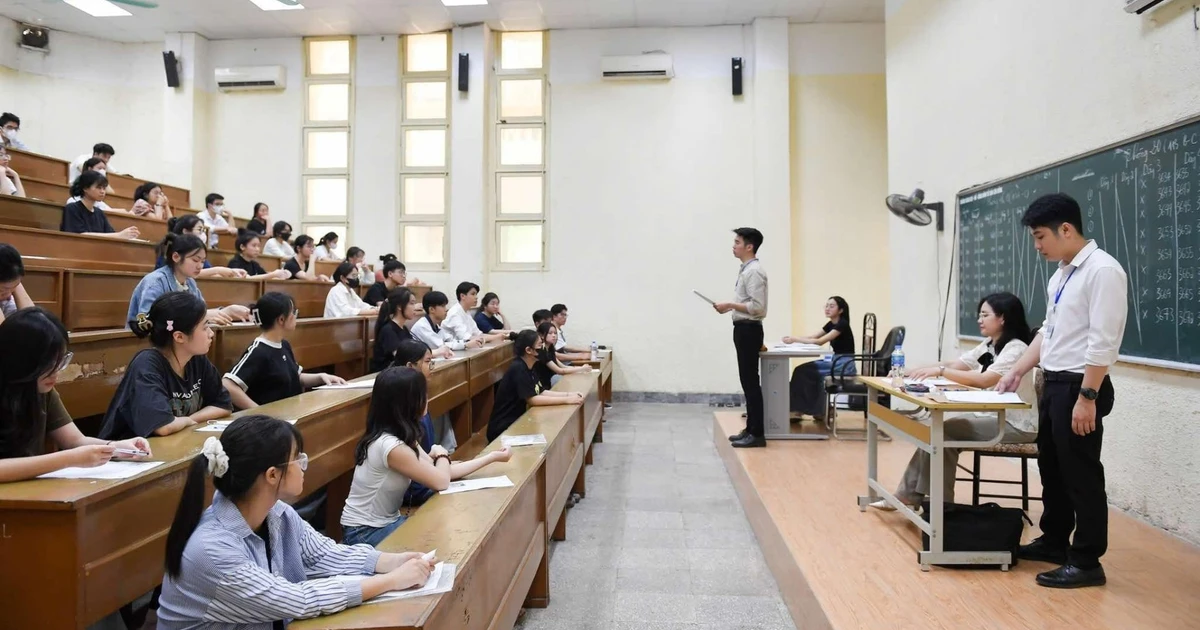











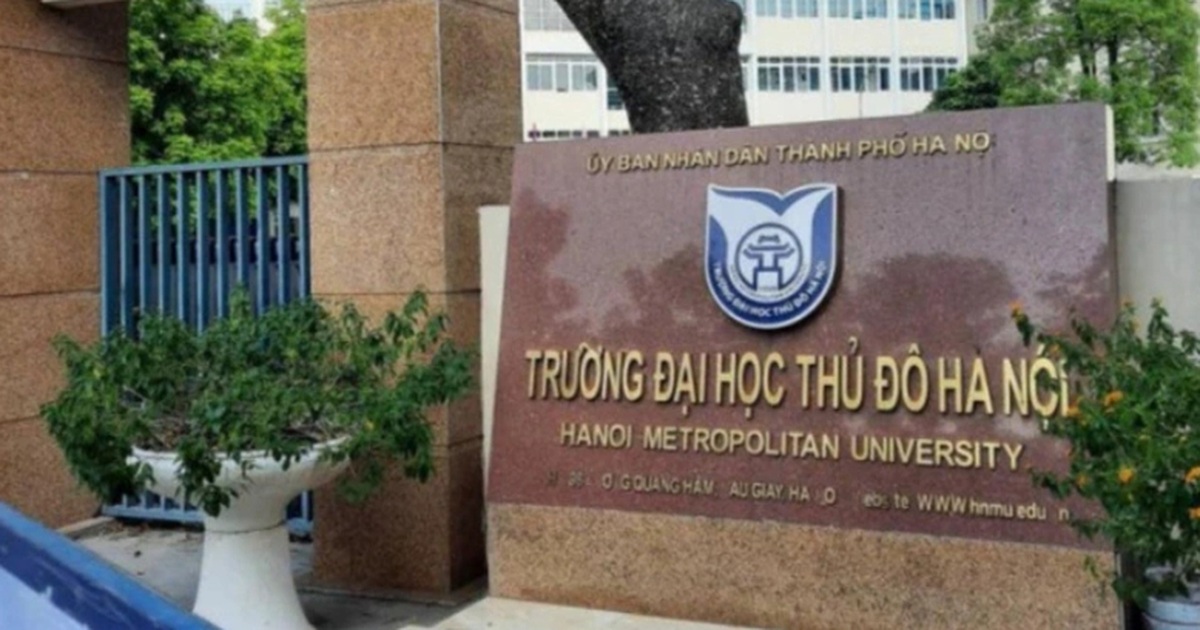











































































Comment (0)